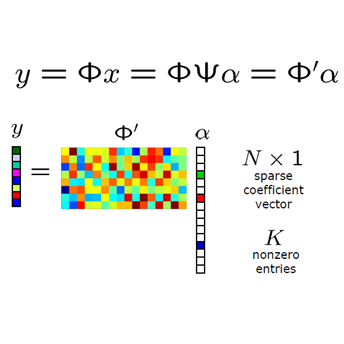Unsourced random access (URA) is a recently proposed multiple access paradigm tailored to the uplink channel of machine-type communication networks. By exploiting a strong connection between URA and compressed sensing, the massive multiple access problem may be cast as a compressed sensing (CS) problem, albeit one in exceedingly large dimensions. To efficiently handle the dimensionality of the problem, coded compressed sensing (CCS) has emerged as a pragmatic signal processing tool that, when applied to URA, offers good performance at low complexity. While CCS is effective at recovering a signal that is sparse with respect to a single basis, it is unable to jointly recover signals that are sparse with respect to separate bases. In this article, the CCS framework is extended to the demixing setting, yielding a novel technique called coded demixing. A generalized framework for coded demixing is presented and a low-complexity recovery algorithm based on approximate message passing (AMP) is developed. Coded demixing is applied to heterogeneous multi-class URA networks and traditional single-class networks. Its performance is analyzed and numerical simulations are presented to highlight the benefits of coded demixing.
翻译:最近提出的无源随机访问(URA)是一个针对机器型通信网络上行通道的多重访问模式(URA),是针对机器型通信网络上行通道而设计的。通过利用URA和压缩遥感之间的紧密联系,大规模多重访问问题可能被视为压缩遥感(CS)问题,尽管是一个超大层面的问题。为有效处理问题维度问题,编码压缩(CCS)已经成为一种实用的信号处理工具,在应用到URA时,该工具在低复杂度方面表现良好。虽然CCS能够有效地恢复一个在单一基础上很少的信号,但它无法联合恢复在单独基地上稀少的信号。在本条中,CCS框架被延伸至解密设置,产生了一种叫作编码解密的新技术。提出了编码解密的普遍框架,并开发了基于近似信息传递(AMP)的低兼容性恢复算法。编码解密适用于多级 URA网络和传统的单级网络。其性被分析,并进行了数字模拟,以突出代码解密的好处。




